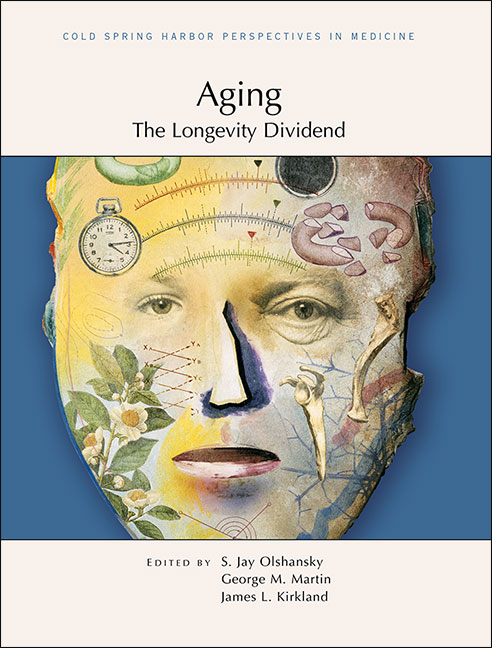RVC VetCompass Programme contributes to human aging research
There are remarkable commonalities in health and lifestyle between dogs and humans that lead to shared risks for disease and aging between the species. In addition, the companion dog is the most phenotypically diverse species on the planet, with huge variability in health and longevity between breeds.
These distinct breed-based health profiles in dogs along with well-developed veterinary health record systems and high overlaps with the human environment combine to make the companion dog exceptionally useful to improve understanding of the physiological, social, and economic impacts of aging in humans. A chapter in a new book on human aging, Aging: The Longevity Dividend, uses VetCompass longevity data on dogs to help understand this complex and important topic.
CREEVY, K. E., AUSTAD, S. N., HOFFMAN, J. M., O’NEILL, D. G. & PROMISLOW, D. E. L. 2015. The Companion Dog as a Model for the Longevity Dividend. In: OLSHANSKY, S. J., KIRKLAND, J. L. & MARTIN, G. M. (eds.) Aging: The Longevity Dividend. 1st ed.: Cold Spring Harbor Laboratory Press.


